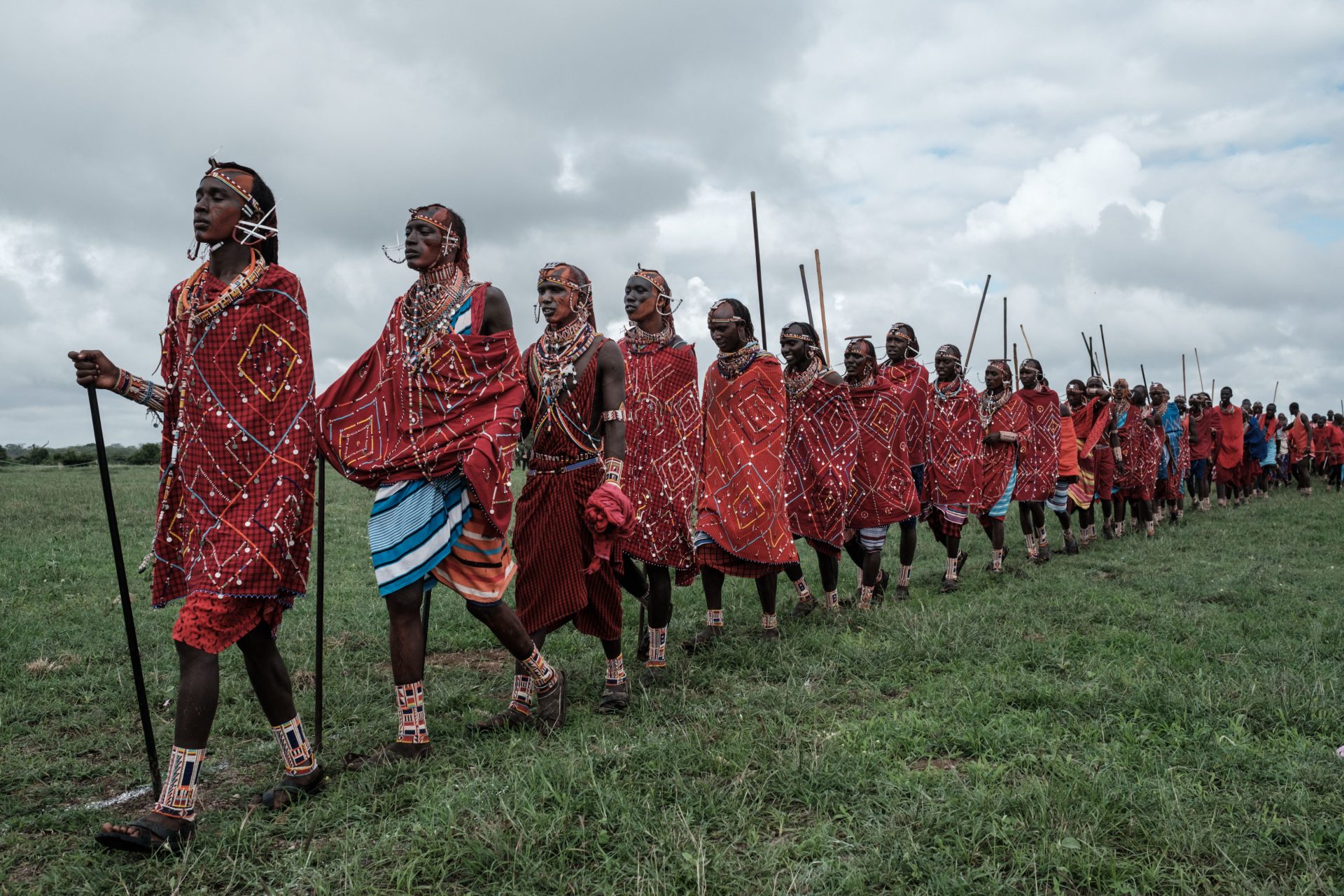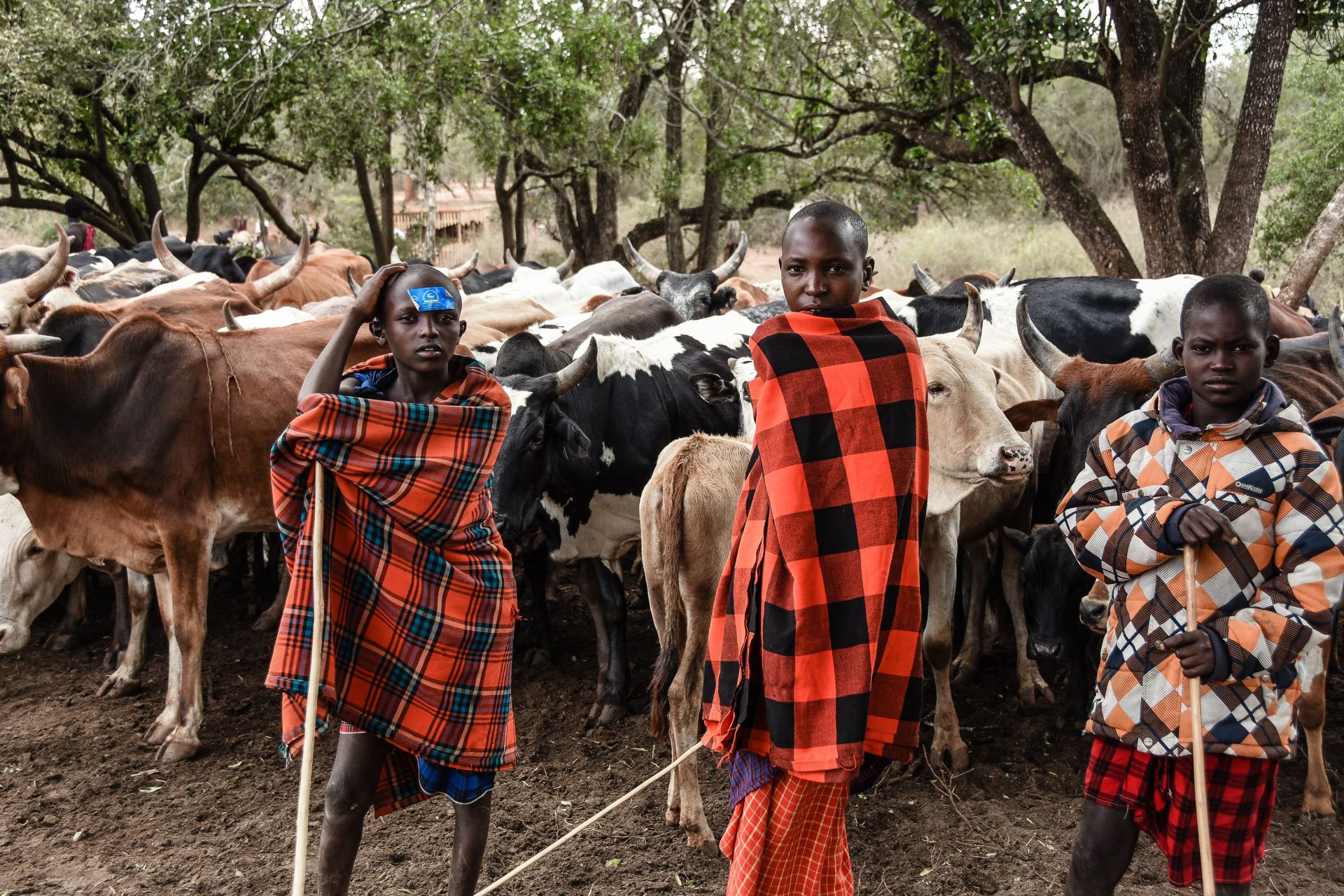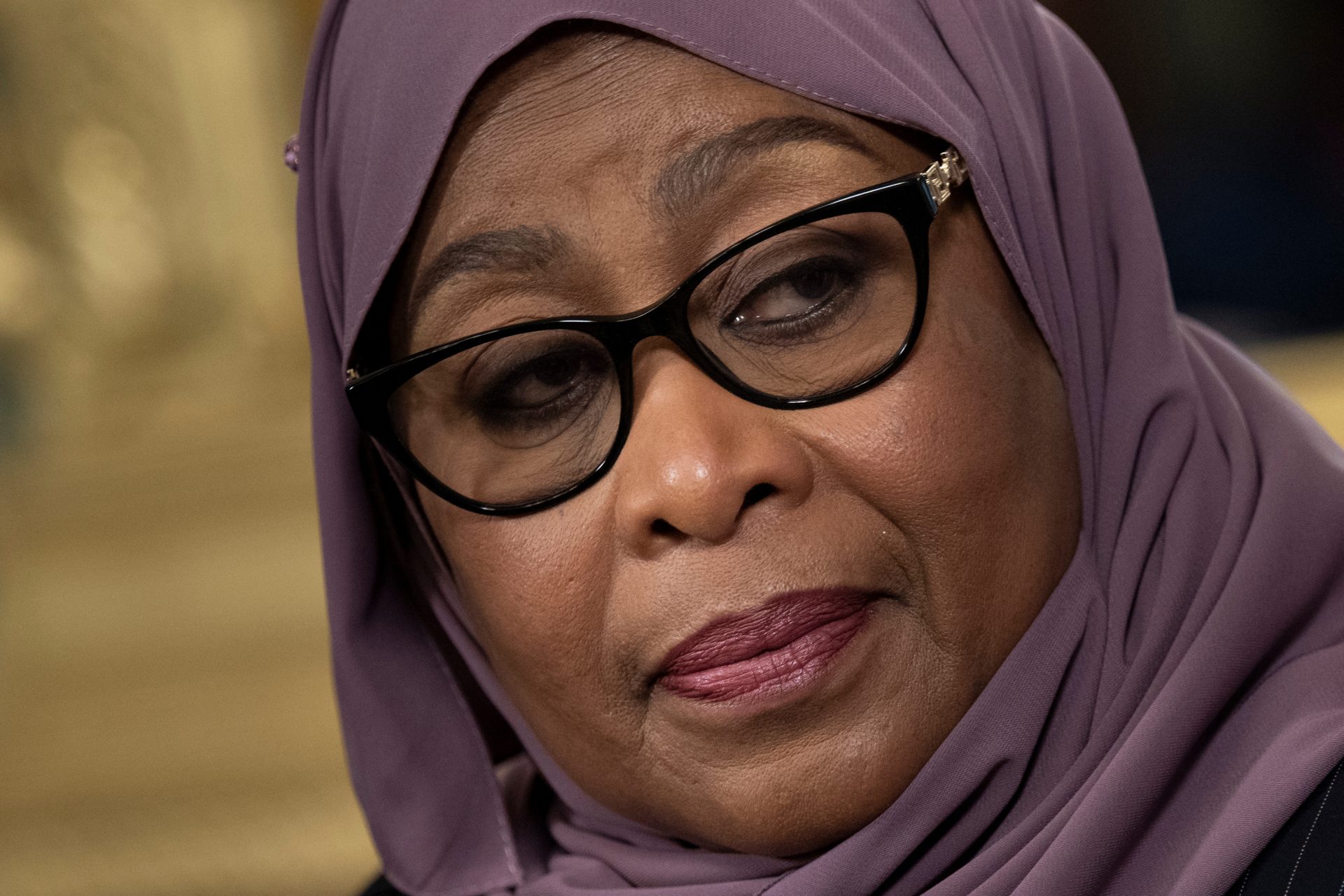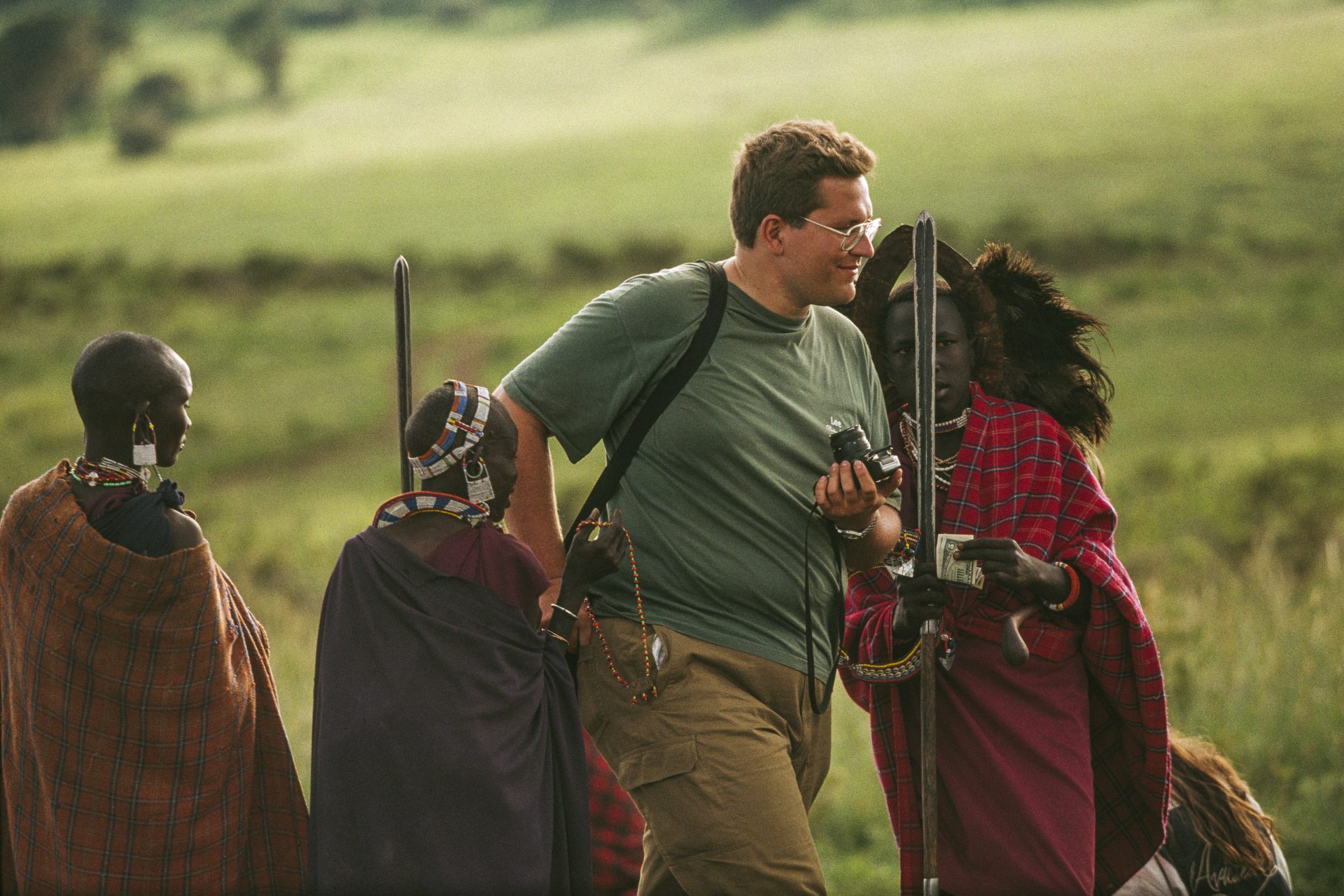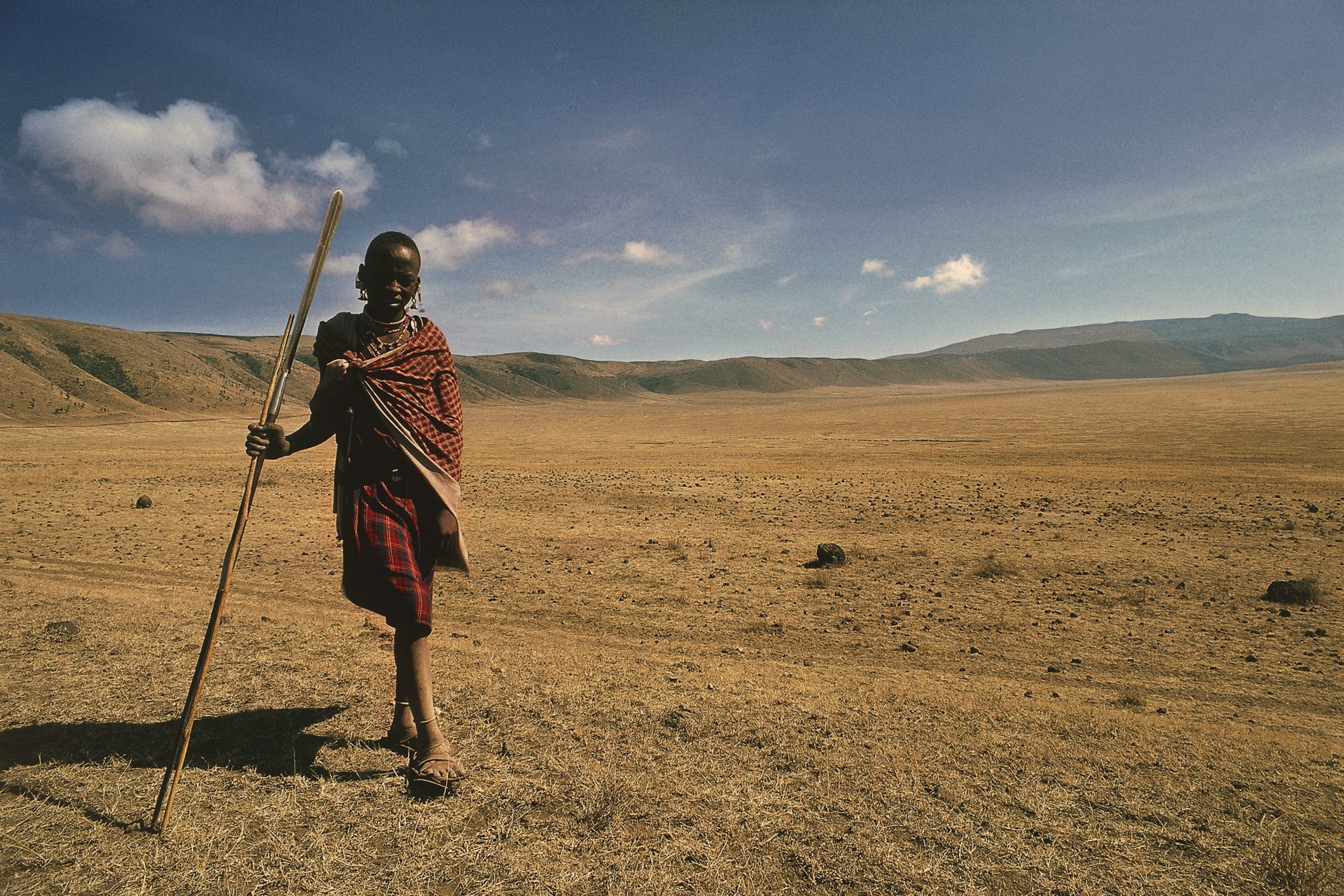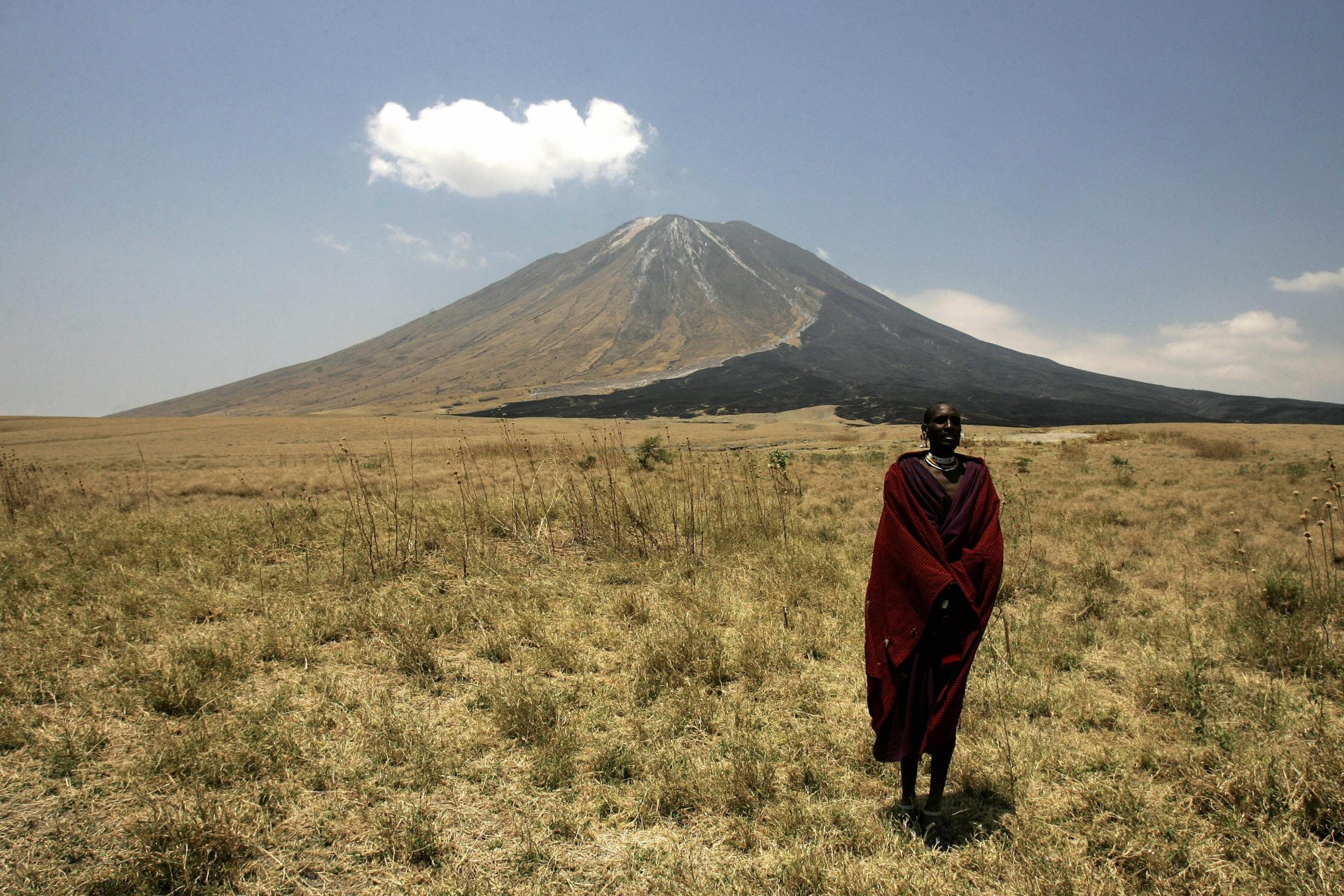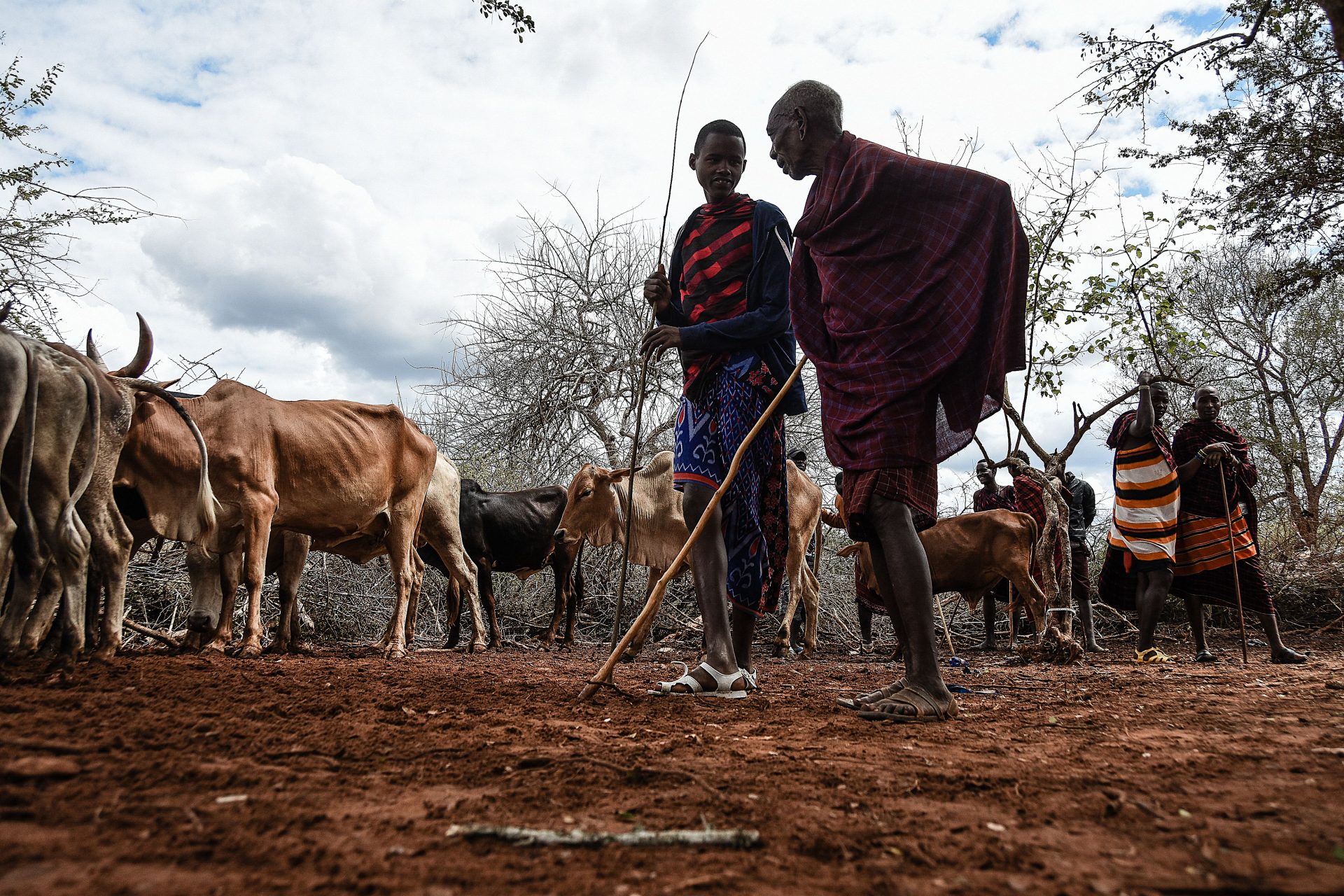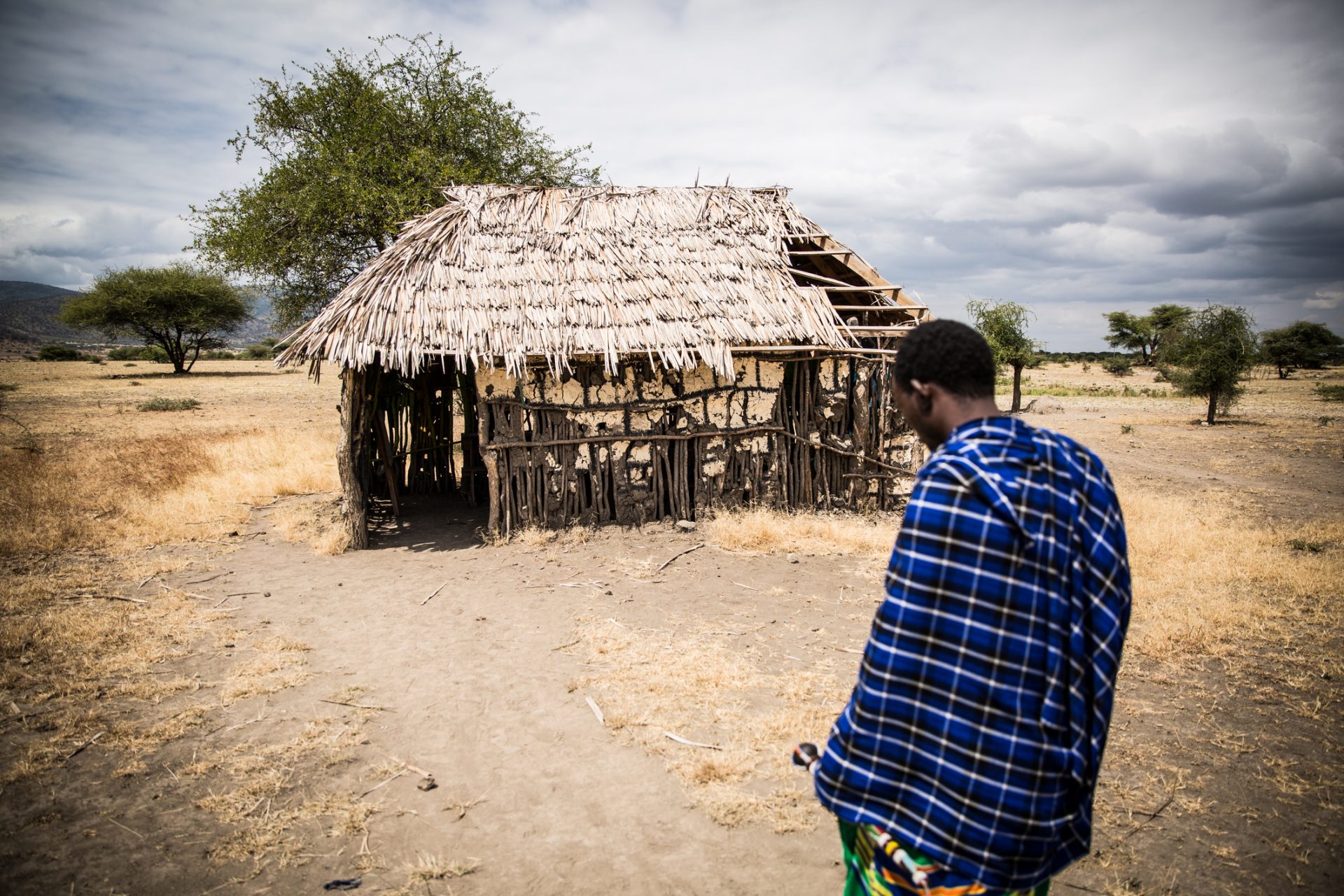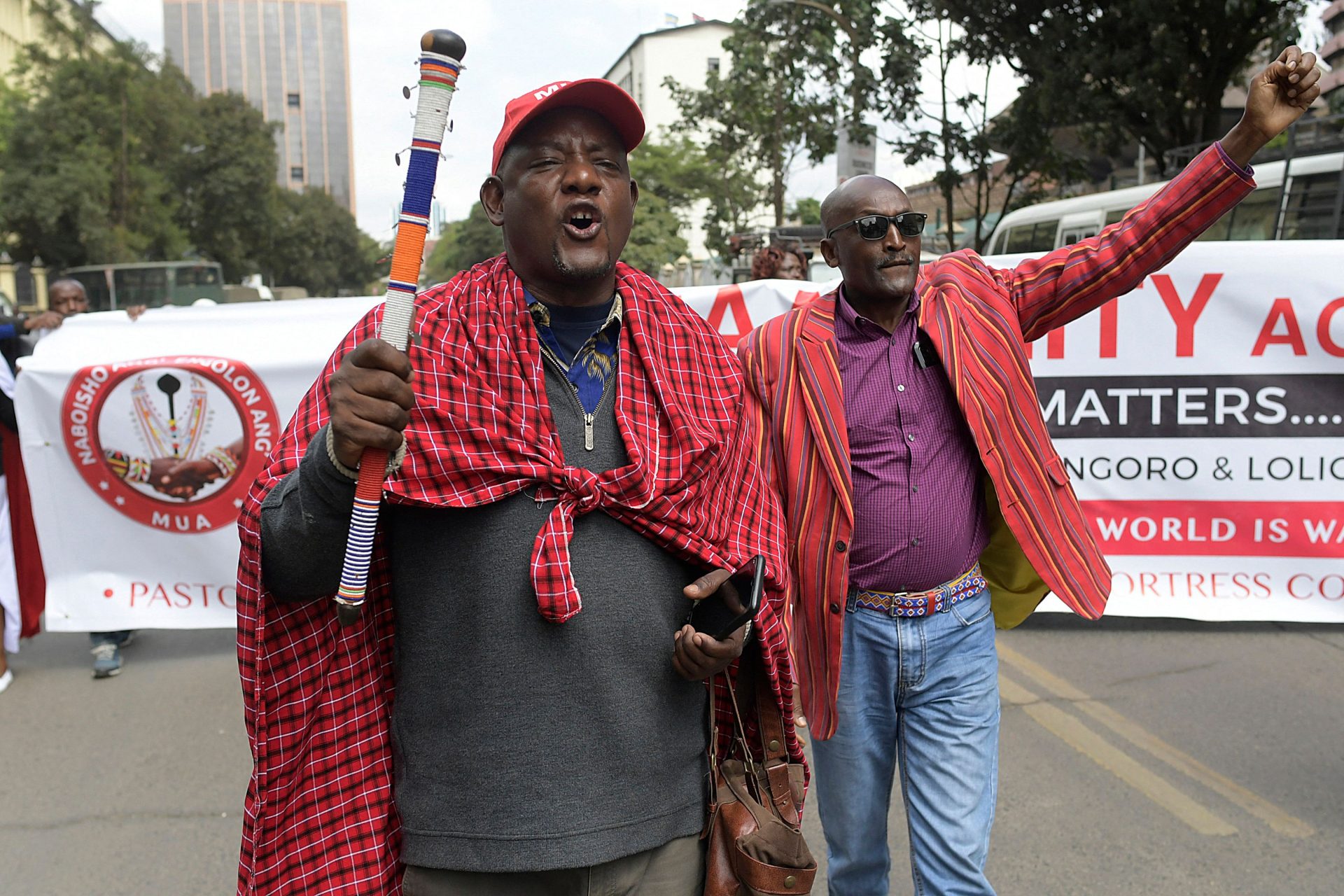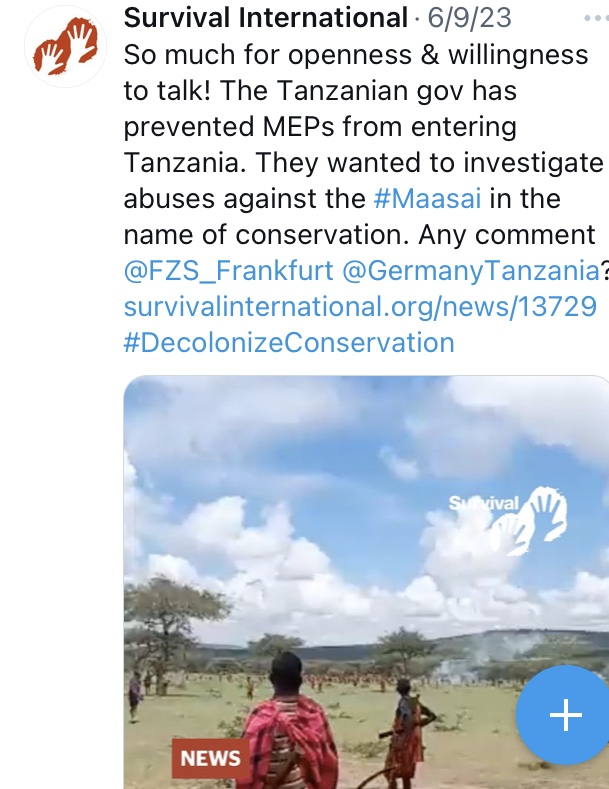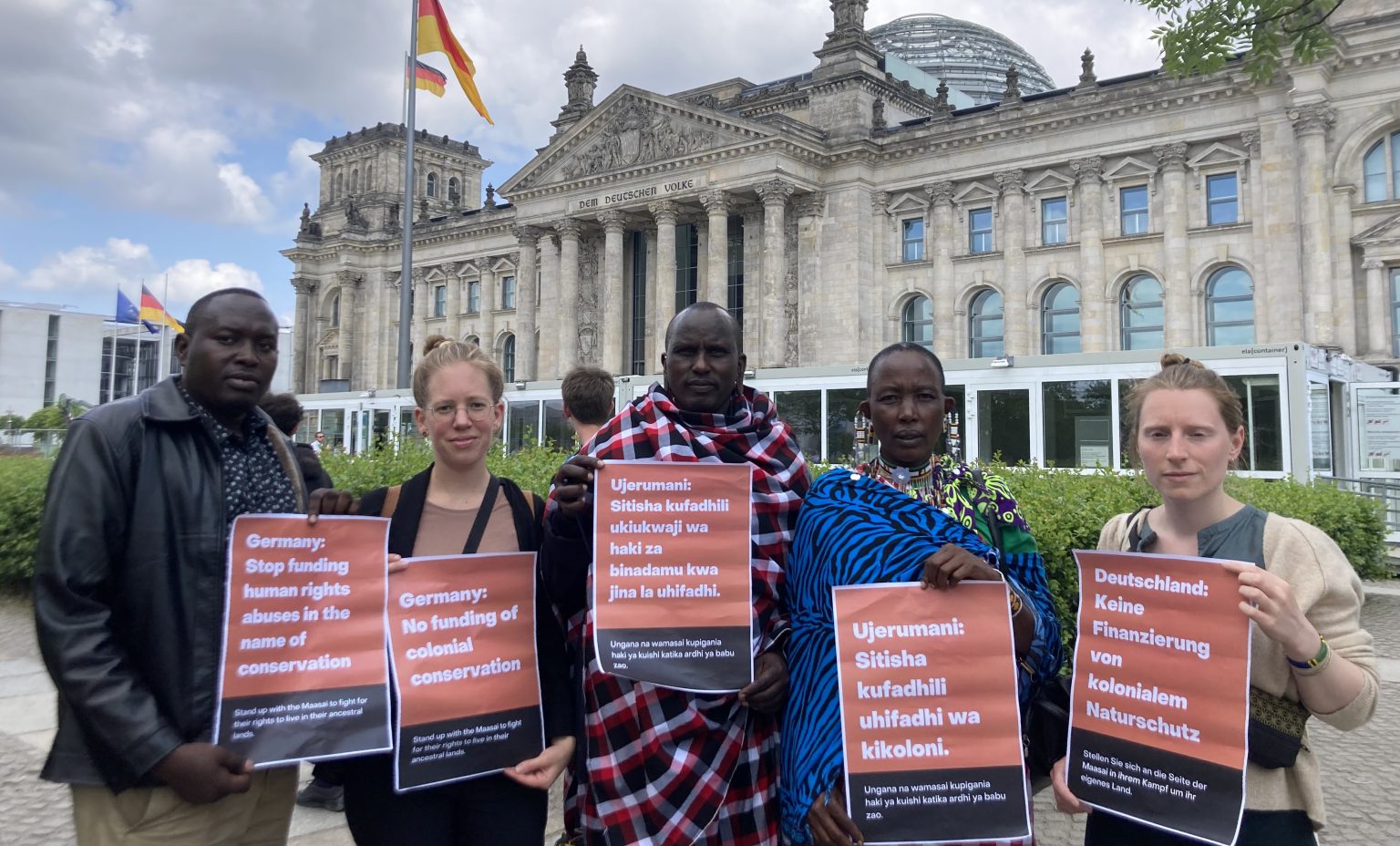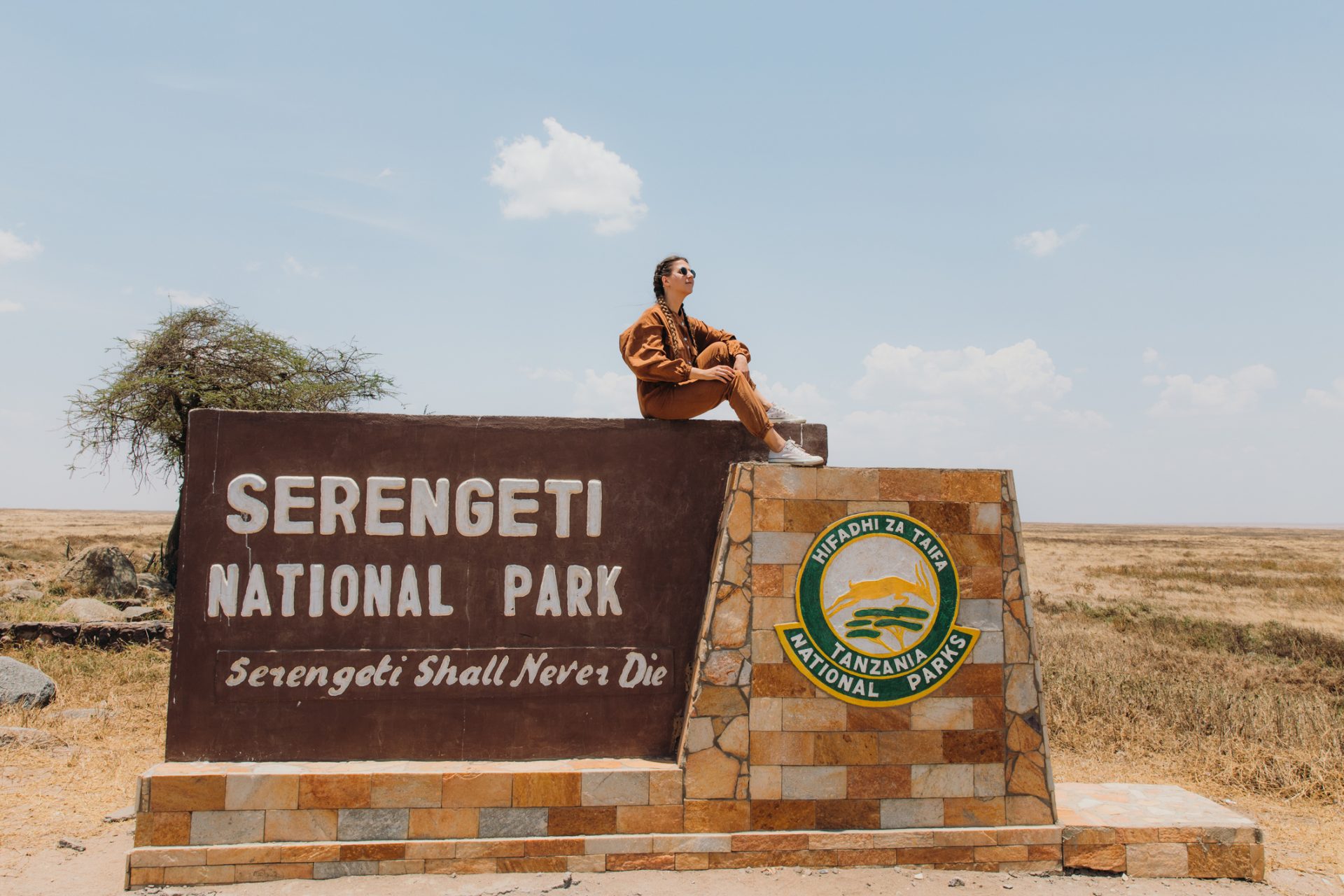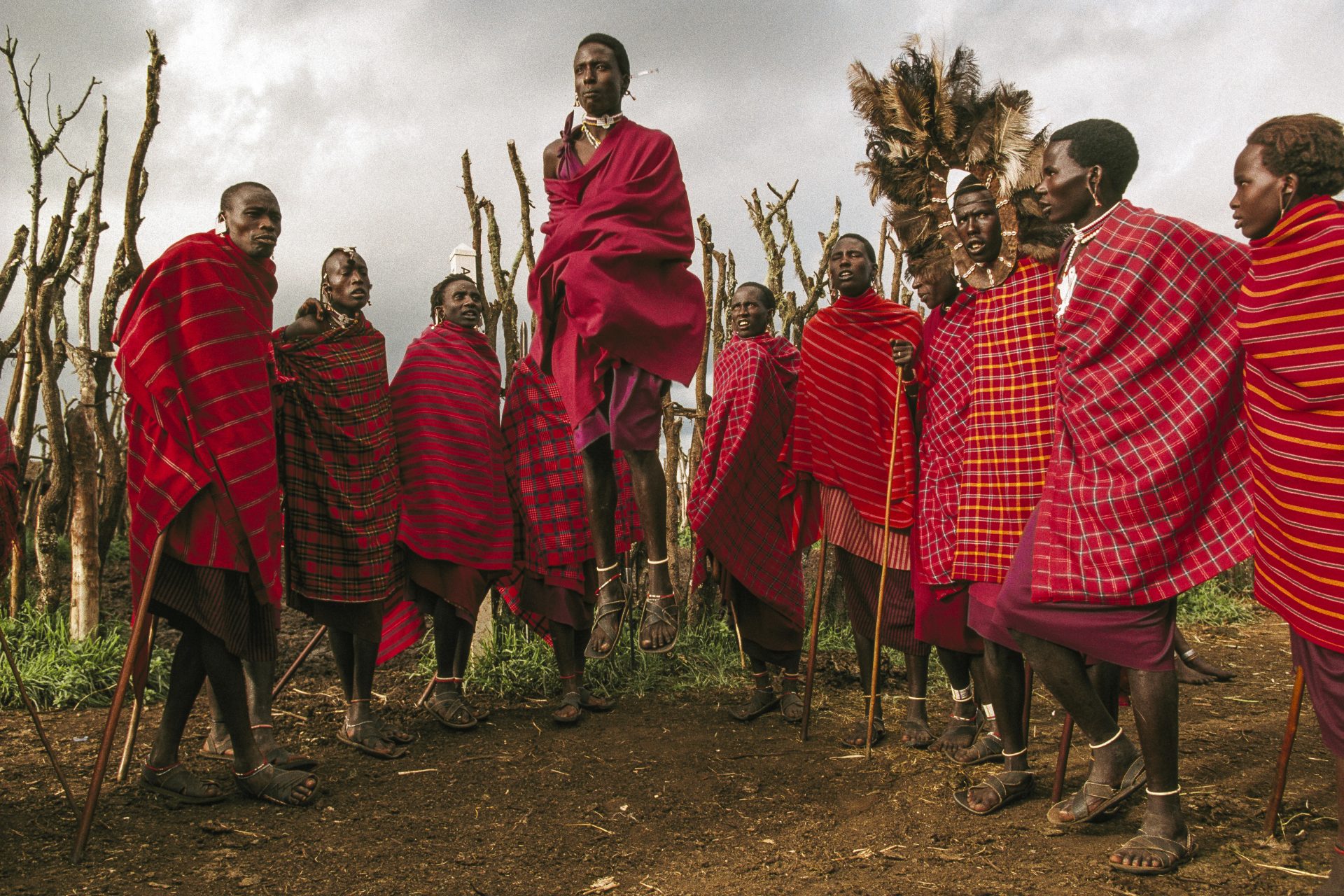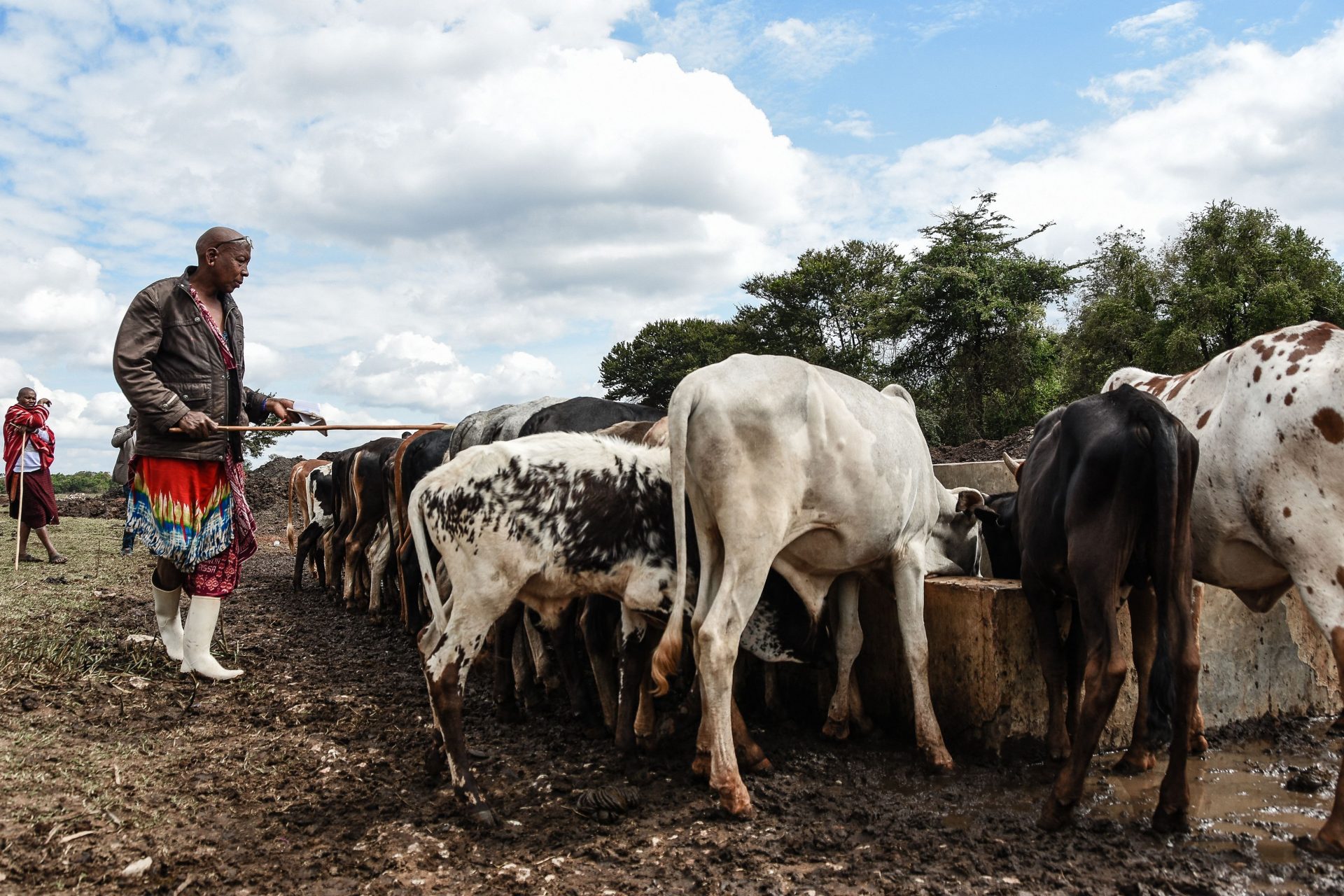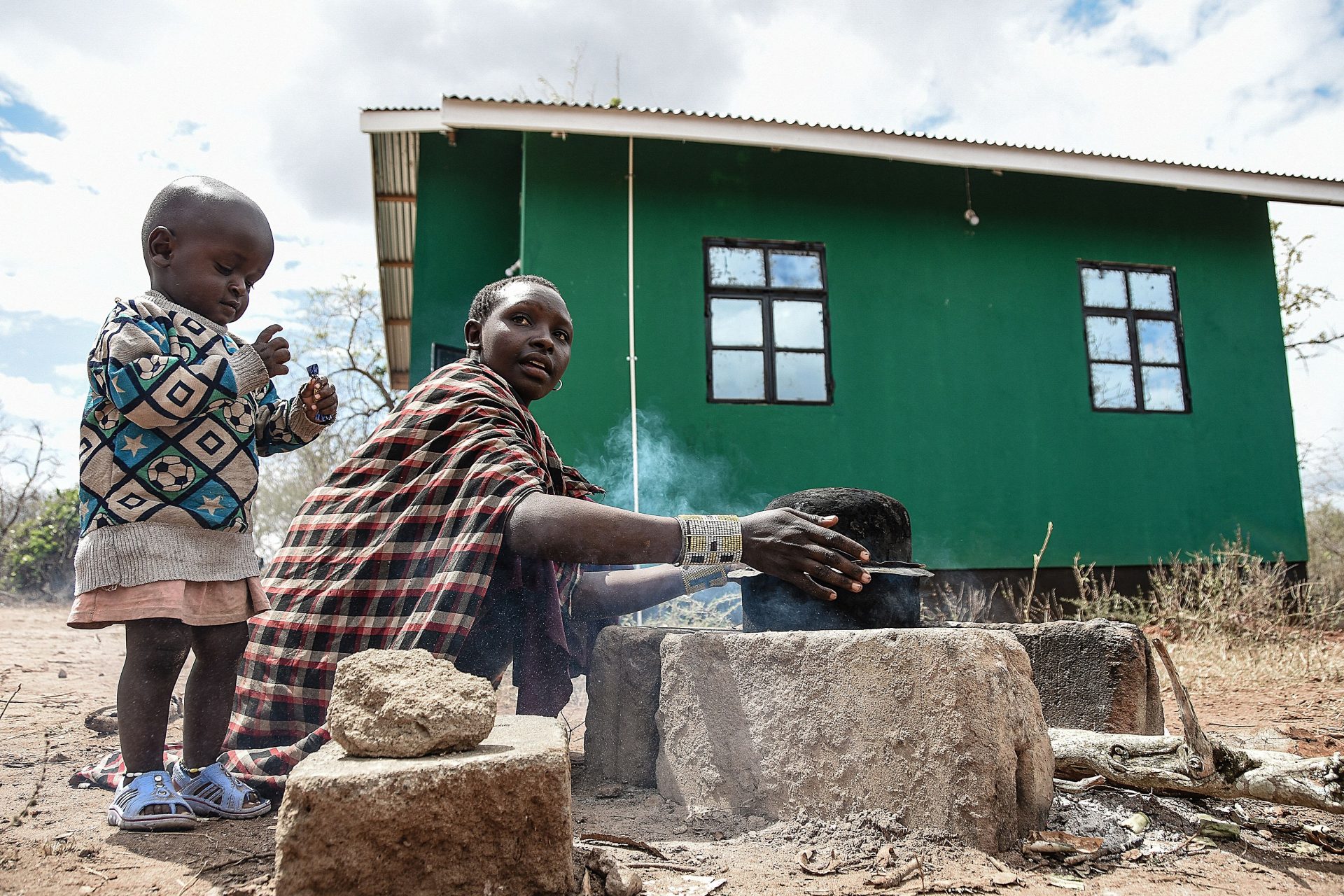Maasai evicted in Tanzania: are tourists and hunting safaris more important than human rights?
The Maasai are one of the symbols of Africa and are an integral part of travel brochures about Tanzania or Kenya. But now the Maasai are supposed to leave their traditional areas of life. Whether they want to or not. The government of Tanzania has decided this. But why?
The Tanzanian government wants to relocate around 82,000 Maasai from the Ngorongoro Conservation Area (NCA), an area near the famous Ngorongoro Crater, to other parts of the East African country by 2027. The reason given: nature conservation!
A 2019 study, cited by Tanzania's government under President Samia Suluhu Hassan (pictured), classifies the Maasai as a danger to the environment. The study claims that the growing population, ever larger herds and increasing agriculture are destroying the ecosystem. Overuse threatens the protected area, which is also so valuable for tourism.
The Maasai, on the other hand, do not agree that they should clear their land to make room for luxury tourism and hunting safaris. Their argument: the traditional way of life of indigenous communities like the Maasai is not a threat to nature.
The German news outlet Frankfurter Rundschau reports that the beneficiary of the new wildlife sanctuary located in Maasai territory will be Otterlo Business Corporation, a hunting company from the United Arab Emirates that has leased the area since 1992 and built luxury accommodation and an airfield there.
According to the article in the Franfurter Rundschau, safaris and wild animal hunting are a lucrative business for Tanzania. For every animal killed, royalties also flow into the state budget.
The conflict involves an area of around 1,500 square kilometers near the Ngorongoro Crater on the edge of the Serengeti. The government talks about "voluntary resettlement", but the reality seems to be different...
According to a report on the subject by Amnesty International, these repressive measures by the government are causing many Maasai to flee to the forests which is disrupting the education of many children. Furthermore, when the Maasai animals wander off their permitted territory the government has been impounding the animals for ridiculous fees that the Maasai cannot possibly afford.
Some of the affected Maasai in Tanzania have fled to Kenya. They reported to the Tagesschau that police and security forces came with weapons. The police told them that the land belonged to the government and that they should leave it. When they didn't know where to go, the police shot at them - "even at women and old people. They destroyed our houses and slaughtered our livestock."
According to information from Amnesty International, the forced evictions occurred as early as June 2022. The police tried to use violence to break up the Maasai protests. Two people were killed: a Maasai was hit by bullets from a police pistol, and a law enforcement officer was killed by a Maasai's spear. 30 people suffered serious injuries.
Joseph Oleshangay, a Maasai human rights lawyer, said at the beginning of September that journalist members of foreign governments are not welcome in the country. Furthermore, the NGO Survival International posted this on Instagram: "So much for openness & willingness to talk! The Tanzanian gov has stopped MEPs (members of European Parliament) from entering Tanzania. They want to investigate abuses against the #Maasai in the name of conservation."
At the end of May 2023, a Maasai delegation came to Europe. In their search for international support, they met German politicians, accompanied by representatives of various NGOs, because a lot of German money flows to Tanzania.
Image: Screenshot website FIAN Germany.
Germany supports nature conservation projects in Tanzania with around 80 million euros annually. And the Frankfurt Zoological Society (ZGF), a close partner of the Tanzanian national park authority, is also criticized.
"If you can't guarantee that your money doesn't support human rights violations, keep it!" That's the Maasai's accusation, according to a press release from the NGO FIAN Germany.
This is not the first displacement suffered by the Maasai. In 1959 the semi-nomads had to vacate the Serengeti. Then too they were said to be a threat to nature with their cattle. The government claimed that as a national park, the Serengeti should neither be inhabited nor managed.
The Maasai were told to build new villages in the Ngorongoro Conservation Area (NCA). They were promised at the time that they could stay there permanently. Now, 83 years later, things are different... The Maasai are determined not to be displaced again. The big question is whether they can win this fight.
More for you
Top Stories



